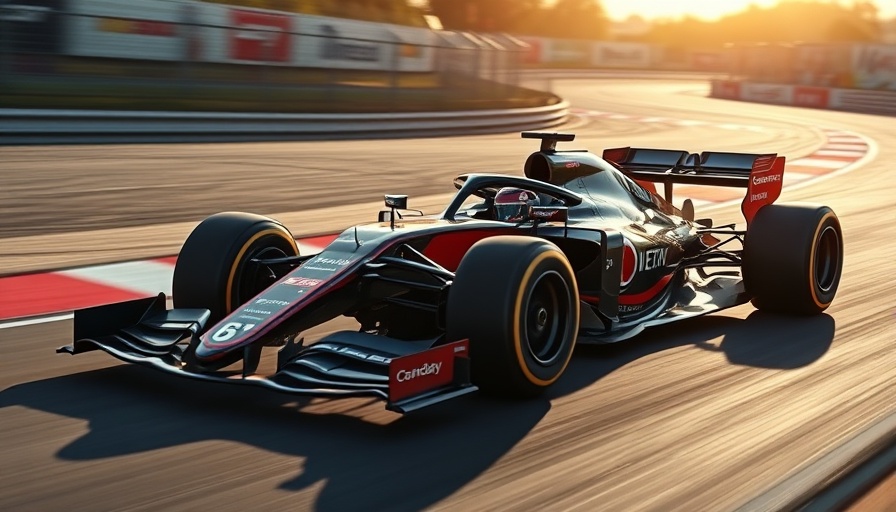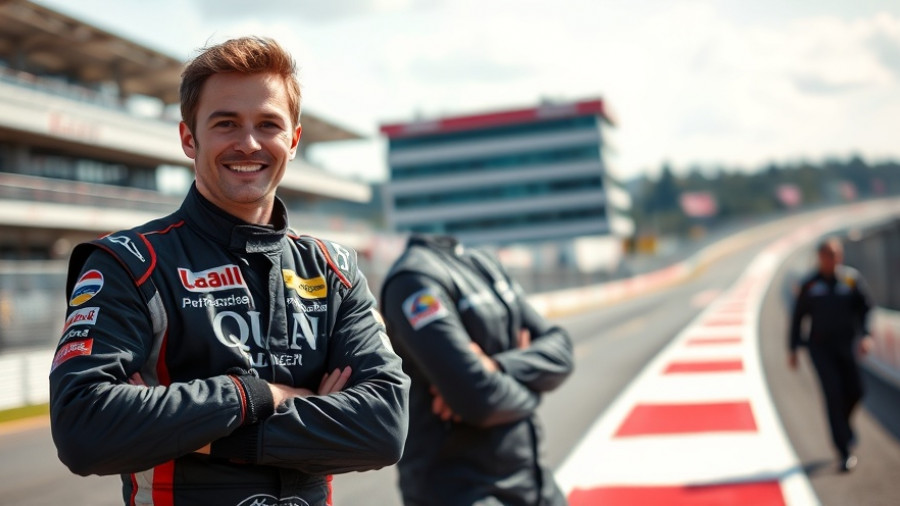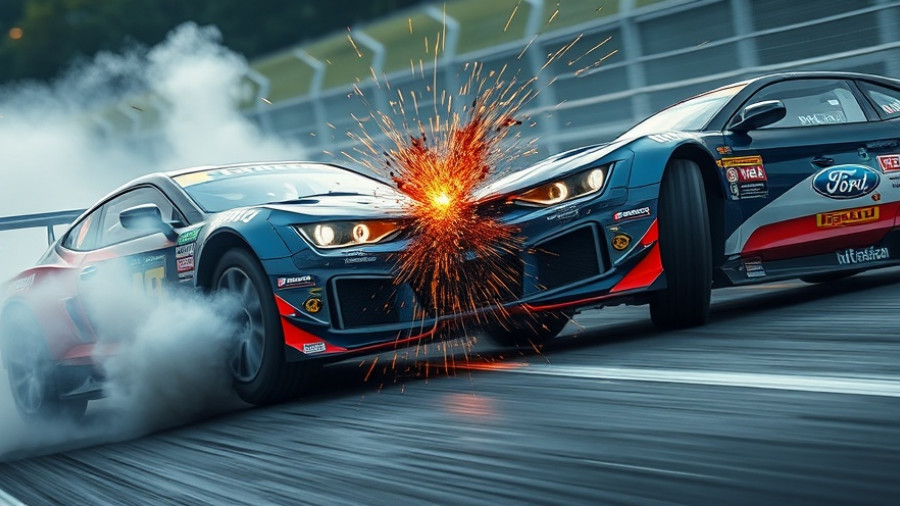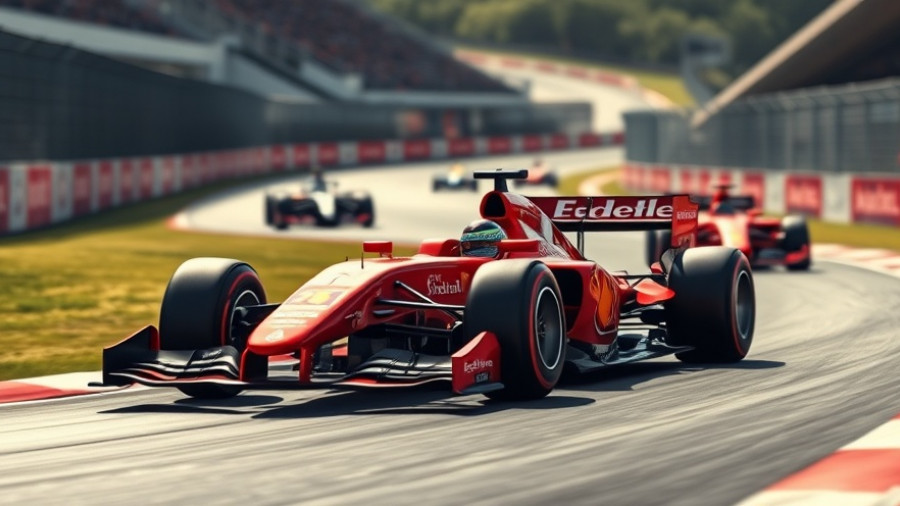
Mistakes and Opportunities at Spa: A Learning Experience for Mercedes
The Belgian Grand Prix is known for its unpredictability, and this year's race at Spa-Francorchamps was no exception. For the Mercedes team, it turned out to be a weekend focused heavily on "damage limitation." Trackside Engineering Director Andrew Shovlin candidly reflected on the challenges faced, indicating it was a weekend to forget for the Brackley-based outfit.
George Russell, who ended up fifth, had a difficult start, exiting sprint qualifying early. Despite a distant sixth-place qualification on Saturday, Russell maximized his result amidst struggle, finishing over half a minute behind race winner Oscar Piastri. Meanwhile, his teammate Andrea Kimi Antonelli faced a shocking SQ1 exit followed by a disappointing finish in 16th place. The team had anticipated better performance but came ill-prepared for the wet conditions that characterized the early race.
The Impact of Strategy on Race Performance
Shovlin noted that the team's approach was dictated by a lack of pace throughout the weekend. With both drivers struggling to find their footing, especially Antonelli, who switched to a two-stop strategy in hopes of securing points, it quickly became evident that the goals were limited to salvage. The differing setups between Russell and Antonelli further illustrated the challenges Mercedes faced as they rushed their strategies to adapt to changing conditions.
Lessons Learned: Moving Forward to Budapest
Despite the setbacks at Spa, Shovlin acknowledged the importance of gathering insights from the disappointing outing. "We will spend the coming days analyzing this weekend and making sure we carry the learnings into our running at the Hungaroring," he remarked, emphasizing the need to emerge stronger. As teams head into the summer break, such analytical reviews are vital for development, especially when the team hopes for a more positive outcome in Budapest.
The upcoming weeks could see critical assessments leading to innovative improvements in both strategy and performance—as teams strive to adapt their setups in hopes of returning to form for future races. The landscape of F1 is always evolving, and the ability to learn quickly from setbacks might just define the championship season.
 Add Row
Add Row  Add
Add 




Write A Comment